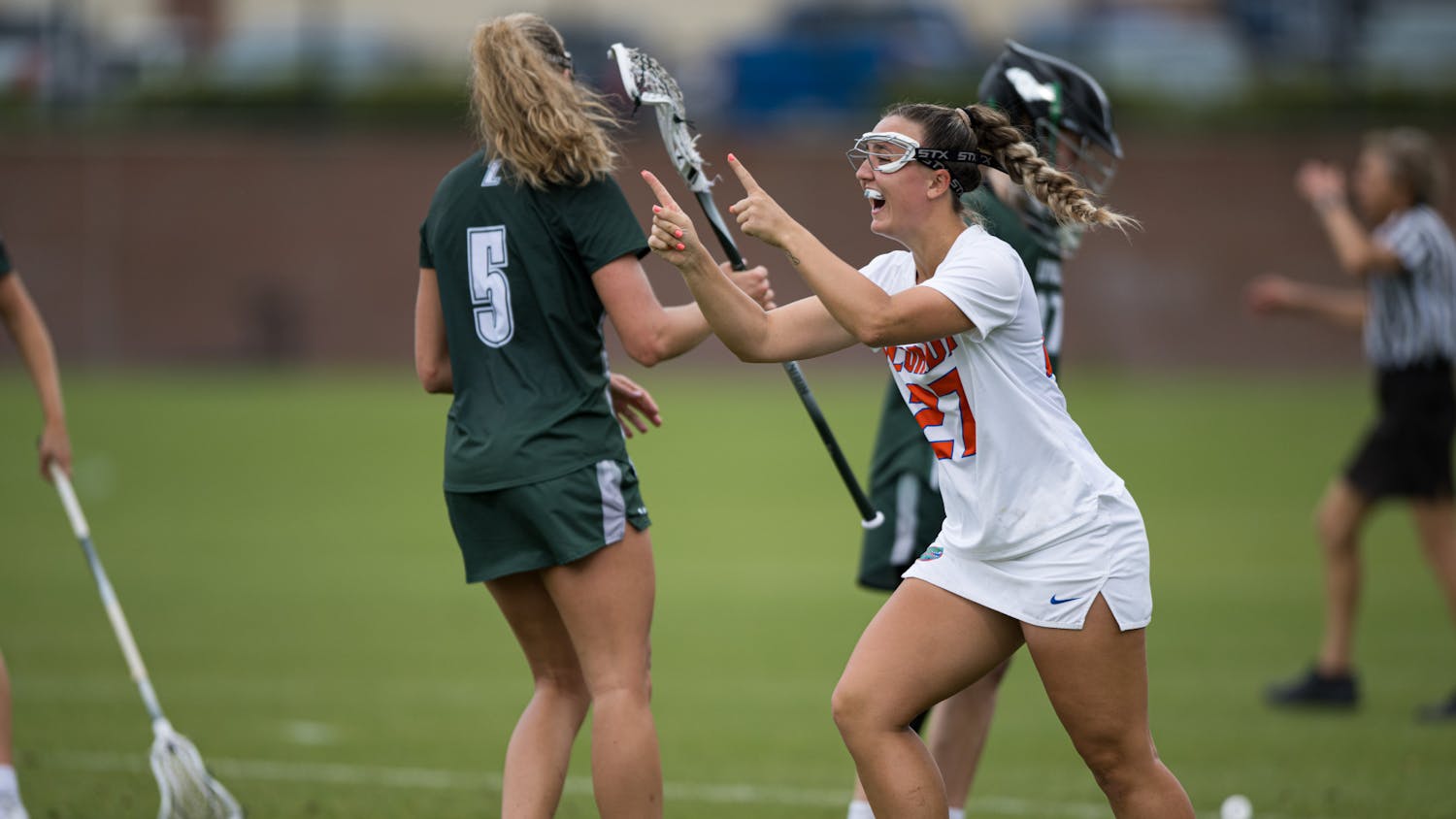When dentist Marcio Guelmann sees a patient for the first time, he takes two hours to fill as many cavities and pull as many infected teeth as he can.
He said he has to - he doesn't know how long it will be before he'll see this patient again.
Guelmann works in the UF Pediatric Dental Clinic, where there is a six-month wait for children in need of dental work.
But it isn't as bad as it used to be, he said. In 2006, children waited about a year.
Across the country, fewer and fewer dentists are willing to see patients on Medicaid. For many of those patients, the only remaining option may be to seek care at universities, where dentists don't have to worry about the cost of supplies and employee salaries.
This trend has always been more apparent in Florida, where Guelmann said dentists' and doctors' reimbursement rate from Medicaid is about 20 percent lower than that of most other states and hasn't been raised in about 20 years.
Guelmann said many dentists can't afford to take patients on Medicaid.
"It isn't worth it," he said. "I don't blame them. It's expensive to run an office."
While UF teaches its dental students and residents the importance of providing access to care for everyone, Guelmann said, these students typically graduate hundreds of thousands of dollars in debt from student loans.
Still, many dentists and new graduates do what they can to help, Guelmann said.
A lot of them either offer free dental work for certain families or set aside one day a month for free dental care.
Others donate their time at free dental clinics where seeing patients on Medicaid doesn't hurt their business.
"Dentists start careers with huge debts, and they need to pay the bills," Guelmann said.
Guelmann said the cost of running a practice isn't always the reason dentists do not accept patients on Medicaid.
A lot of Medicaid patients don't show up for their appointments.
To combat the issue, Guelmann said, parents of the patients must sign an agreement on the child's first visit stating that if they miss two appointments without informing the clinic, they'll be dropped from the practice.
"It's a way for us to enforce compliance," he said, adding that very few patients are dropped.
However, not all of the 15,000 patients the clinic sees in a year are on Medicaid.
Guelmann said the clinic also sees patients who have been referred to them from private-practice dentists. Some of these patients have behavioral problems.
Those patients could be hyperactive or frightened from being touched by strangers. Some children are so afraid that they scream and kick, he said.
Occasionally, children need to be sedated for these problems, which he said is more easily done in a hospital.
Because the waiting list is compiled on a first-come, first-serve basis, no one is given a preference - unless the patient is in a medically compromising situation or is experiencing pain.
If a patient is in pain, he or she can be admitted for emergency work.
When admitted, the patient's emergency problem is fixed. If there are smaller problems such as cavities, the patient will have to join the waiting list for a separate appointment.
"We don't leave anyone in pain," Guelmann said.
Although he said the best way to fix problems the dental clinic faces is to raise Medicaid's reimbursement fee, Guelmann said there are other alternatives.
One way to address the problem of access to care is to graduate more dentists, he added. But those numbers are falling - after reaching a high of 5,750 graduating dentists in 1982, the number fell to 4,440 in 2003.
The American Dental Association stated it only saw a lack of dentists in rural areas and does not see a need to open any additional dental schools.
Still, Guelmann said Medicaid's low rates are what are driving dentists away from low-income patients.
"Every dentist knows about Medicaid," he said. "And the problem is critical in Florida."
The New York Times contributed to this report.





